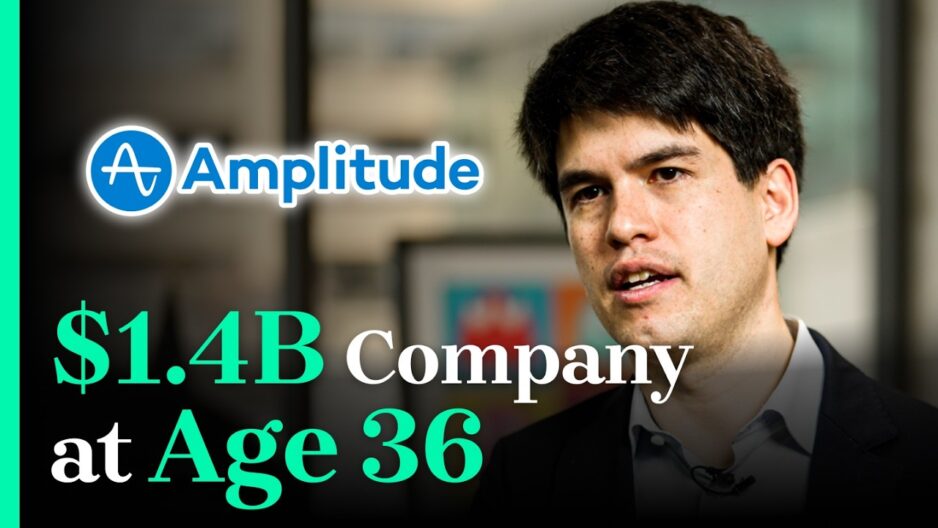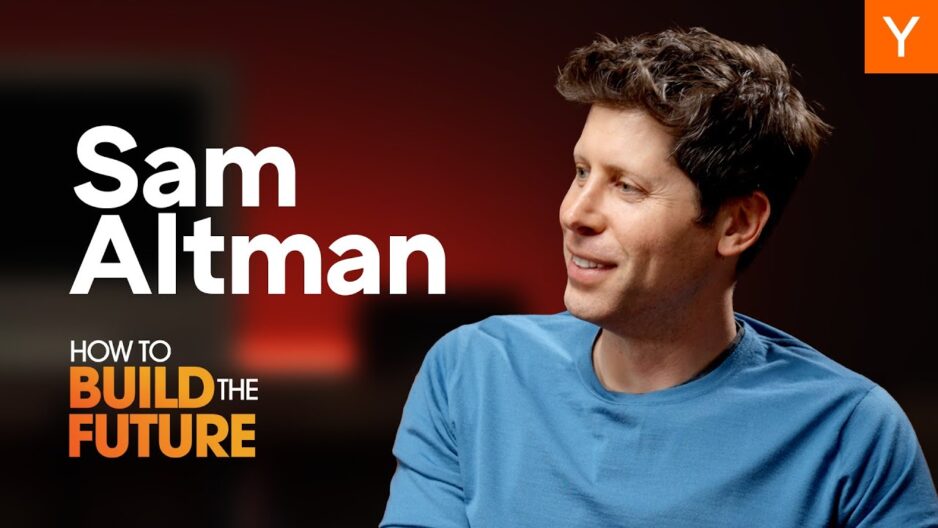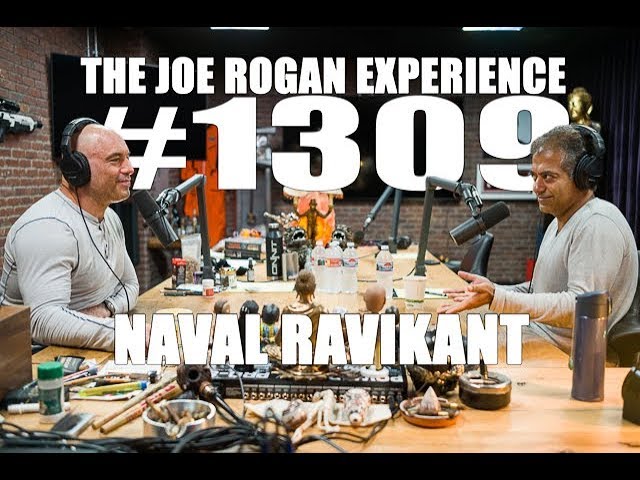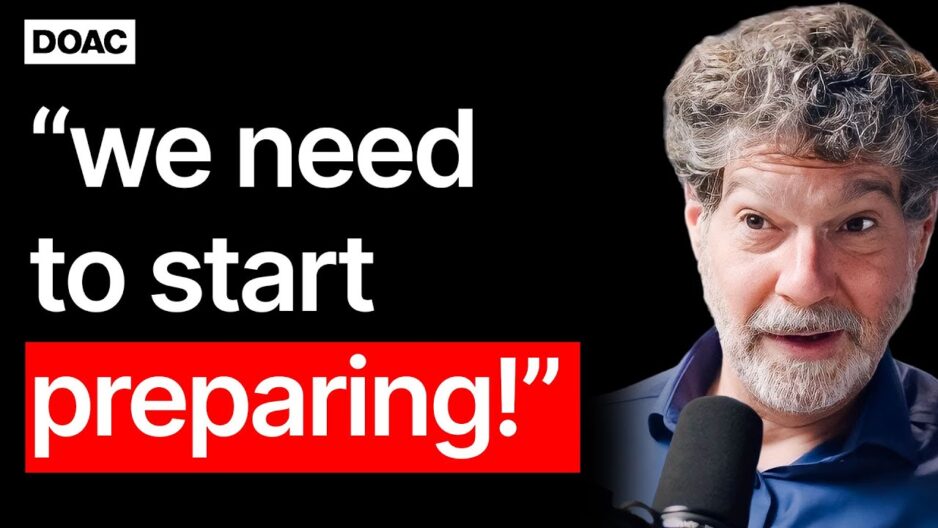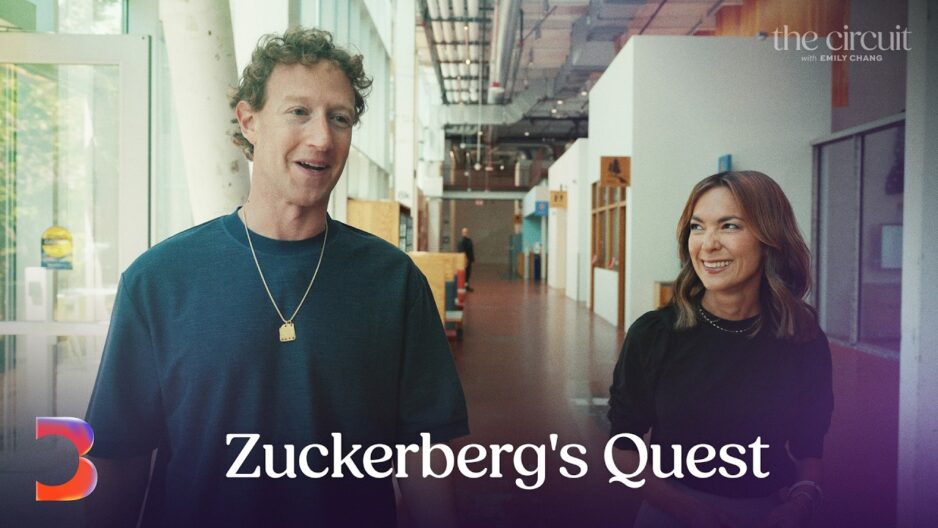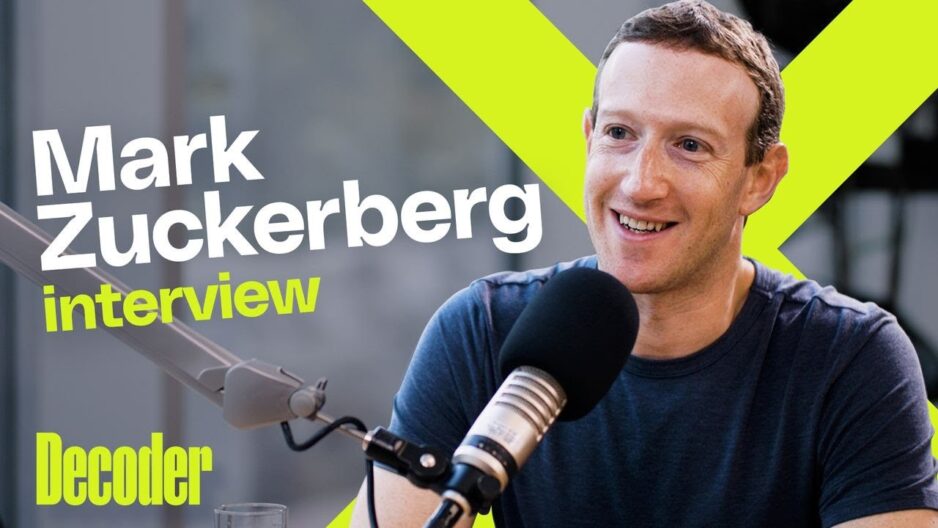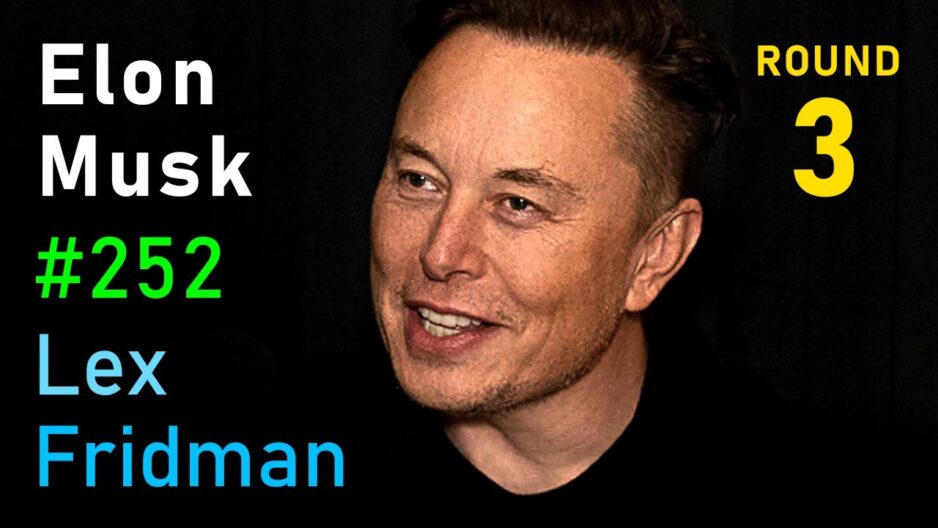Spenser Skates, CEO, shares his journey of founding Amplitude, a leading product analytics company, illustrating the challenges and lessons learned from his first startup. He emphasizes the importance of understanding customer needs, adapting to feedback, and the commitment required to succeed in building a billion-dollar company.
Educatekaro discovered these Key Points:
- Pivoting from Failure to Opportunity: The failure of Spenser’s first startup, Sonalight, led to the creation of Amplitude. The struggles in retaining users inspired the development of an analytics platform to better understand customer behavior, transforming failure into a successful business idea.
- Understanding Customer Needs: Skates highlights the importance of engaging with customers early on to validate ideas and solutions. Understanding their pain points ensures that products are relevant and truly address their needs, rather than solely focusing on product development.
- Pricing and Monetization: He reflects on the importance of asking for money early in the startup process to validate demand. Securing the first paying customer emphasizes the need for confidence in pricing and pitching to succeed in monetizing early-stage businesses.
- Growth Strategy and Market Positioning: Amplitude succeeded in a competitive analytics market by delivering deeper insights than competitors. Skates stresses the value of focusing on product-centric solutions during market transitions to capture a larger audience share.
- Culture and Leadership in Scaling: As Amplitude scaled, Skates faced challenges in maintaining company culture. Strong leadership, repeatable processes, and the ability to transition from startup metrics to sustainable growth were key to ensuring agility and responsiveness to market demands.

